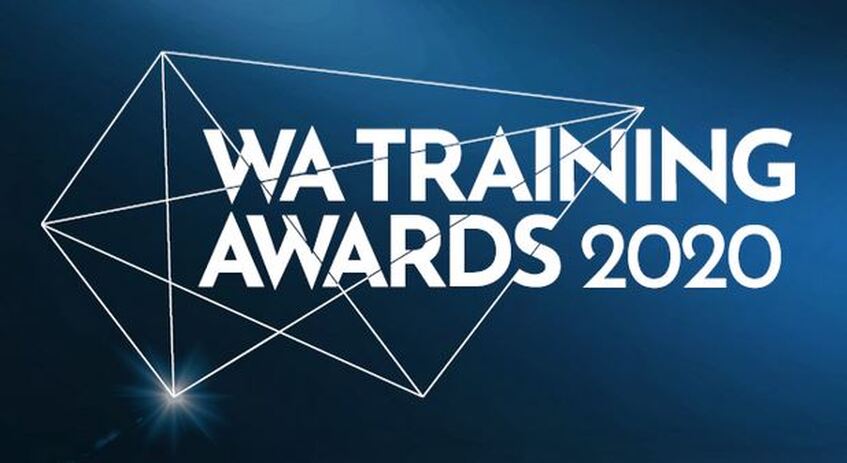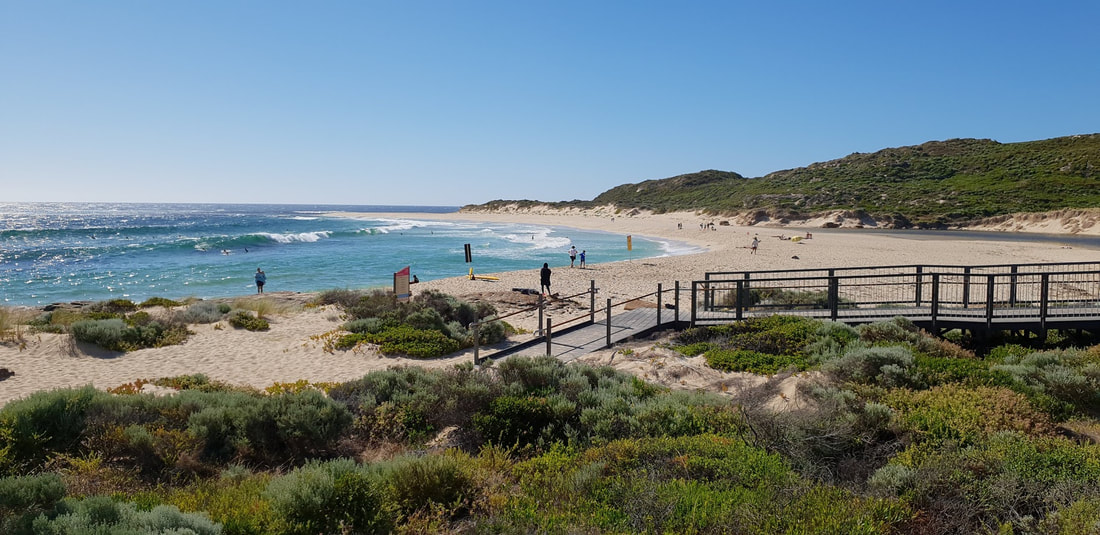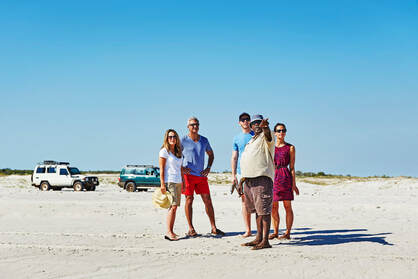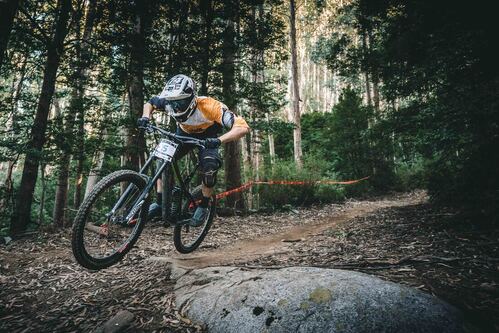|
There has been a significant shift in the behaviour of young people over the past decade, according to the latest report from NCVER’s Longitudinal Surveys of Australian Youth (LSAY). LSAY charts the lives of a group of young Australians as they leave school, enter further study or the workforce and make the transition into adulthood. It compares the results of the group that commenced the study in 2009, who were age 25 in 2019, with the 1998 cohort who were age 25 in 2009.
The proportion of 25-year-olds who completed a university qualification increased from 41% to 52% over the decade, while those with a VET qualification fell from 55% to 46%. Those in apprenticeships and traineeships slipped from 25% to 17%. The report also shows young people are finding it harder to secure full-time work and completing their post-school study at a later age and, as a result, working while studying for longer periods. Unemployment and underemployment are exacerbated by a lack of work experience and a lack of qualifications that match job opportunities. See the Longitudinal Surveys of Australian Youth: Life at 25: then & now An update to the BSB Business Services training package has been released on training.gov.au
The training package underwent a significant review, including a review of library and information management, and record keeping qualifications. These qualifications have now been merged into a single set of progressive training products, allowing greater flexibility across knowledge areas. PwC's Skills for Australia, the Skills Service Organisation responsible for developing the materials according to industry demand, have produced a range of support materials and are hosting information sessions throughout the remainder of this week. Find the training package here Find BSB support materials here Register to attend Skills for Australia's information sessions here The State Government has committed $600,000 of funding per year for two years to support club development.
$1.2 million to extend the Every Club grants scheme for two more years to support grassroots sport and recreation clubs. The Every Club grant scheme provides funding that enables eligible State Sporting Associations (SSAs) and local governments to support sport and recreation clubs and their volunteers to build their organisational capacity and capability. Local governments and State Sporting Associations eligible for grant funding can apply to improve the governance, planning and management practices of clubs. Applications for the 2020-21 funding round open on October 12. Application form and grant guidelines for the Every Club grant scheme can be found here. Read the full media statement here. The WA Training Awards 2020 have proceeded, with the announcement of five individual winners. Successes were recognised across the categories of WA Apprentice of the Year; WA School-based Apprentice of the Year; WA Trainee of the Year; WA Vocational Student of the Year; and WA Aboriginal and Torres Strait Islander of the Year. The winners each receive $3,000 and will be put forward to compete at the Australian Training Awards which will be a virtual celebration on 20 November 2020. FutureNow congratulates all the finalists and winners.
Read the full media statement here.
The 2021-2022 Regional Events Scheme funding round is now open. Event organisers of smaller and developing Western Australian events are encouraged to apply. There is $1 million of funding available, including $150,000 for the Regional Aboriginal Events Scheme (RAES), to highlight Aboriginal activities and experiences. Event organisers can apply for funding of between $5,000 and $40,000 towards hosting an event to take place between 1 July 2021 and 30 June 2022.
The deadline for applications is 5.00 pm WST on Tuesday, 1 December 2020. The 2020-21 funding round supported 77 diverse regional events. For more information or to apply, visit Tourism WA's Regional Events Scheme webpage. The Tourism Business Survival Grant program has awarded a funding boost to 266 tourism businesses from across Western Australia that have been most impacted by COVID-19. Successful tourism operators will each receive grants of between $15,000 and $100,000 to help with business recovery, adaptation and growth within the conditions of Western Australia’s current tourism market.
This is the second stage of the Tourism WA Tourism Recovery Program, providing a total of $14.4 million in funding to tourism businesses in the wake of the COVID-19 pandemic. More information on the Tourism Business Survival Grants, including the full list of successful recipients is available here. The National Careers Institute has launched the ‘Your Career’ website, a one-stop site for career information.
The site makes it easy for people looking for their first job, a change in career or looking to return to the workforce to find information about careers. It contains a wide range of information to help with planning and managing a person’s career, including training, further education or current work options. There are quizzes that match potential jobs to a person’s profile, tips on successful job search including resumé writing, links to support services, and a comprehensive list of occupations with detailed career descriptions, pay and outlook. For more information, please visit the National Careers Institute website. There is significant government investment in trails tourism currently underway across the State.
The Department of Local Government, Sport and Cultural Industries (DLGSC) is working closely with Parks and Wildlife and Trails WA to deliver a Trail Town accreditation program in targeted communities interested in trails tourism. The towns of Collie and Dwellingup are well on their way to becoming recognised Trail Towns and are already “must do” locations, particularly for mountain bike and hiking enthusiasts. In addition, the Great Southern Centre for Outdoor Recreation Excellence Regional Trails Master Plan was released on 18 September. The Master Plan focuses on a range of trail experiences suited to different user groups, including user needs for trail-related products and services, across the Great Southern. It focuses on active leisure trails which involve an outdoor recreation element. This includes terrestrial trails (walking/hiking, trail running, cycling, mountain biking, and adventure bike riding) as well as aquatic trails (paddling a canoe, kayak, or stand-up paddleboard, and snorkeling/diving). It includes a drive trail which link together a series of ‘active nodes’, as well as heritage and cultural trails. For a comprehensive list of the State’s trails network, visit Trails WA The department will be hosting a Trails Forum in Dwellingup on Friday 20 November 2020. This will provide an opportunity for the trails sector to network and learn more about trail developments across the State including outcomes from the WA Hiking Strategy, Trail Towns progress and best practices in trail planning. |
Categories
All
Archives
July 2024
|










 RSS Feed
RSS Feed